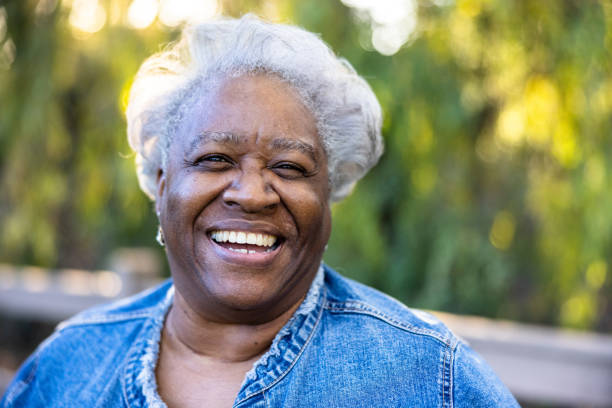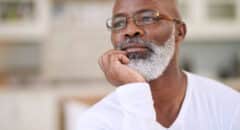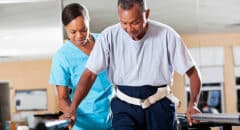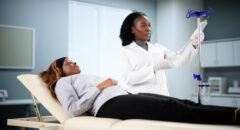
Recovering from a stroke can be a challenging journey. Requiring physical, emotional, and lifestyle adjustments, the path is far from linear. While the journey may seem daunting, there are quite a few self-care strategies that can empower stroke survivors to regain control of their lives and aid in a fulfilling recovery. Check out the five self-care tips to help navigate life after a stroke.
Be Ready to Accept Help
It’s a great benefit to be surrounded by loved ones who are willing to assist and aid your journey to recovery. One of the best ways to practice self-care during stroke recovery is knowing when to ask for help and saying “yes” to offers of assistance.
Whether it's to create pre-meals, rides to the physical therapist, or simple day-to-day activities, it’s important to give loved ones a chance. Making the process easier and smoother could be a simple “yes” to aid with your healing.
Rest
When we learn something new or fresh, our brains make new connections between neurons. Similar to a system update, our brains often rewire for the better (sometimes worse). This occurrence happens daily and is called Neuroplasticity.
Unfortunately, when someone suffers from a stroke, neurons are damaged. Studies have shown that sleep helps the brain continue its ever-evolving cycle of growth and rewiring. You must sleep to promote neuroplasticity! Sleep can help stroke survivors remember their memories and apply those past moments to new skills.
RELATED: Tips For Caregiving for Someone After a Stroke
Personal Care
Giving space for personal care can help your path to recovery a bit smoother. If you cannot follow the grooming tips below, be sure to speak up to whoever is assisting:
- Attach a mirror extension to the nearest dresser so it's easier when cleaning teeth, shaving, or combing hair
- Opt out of the twist cap toothpaste and choose a toothpaste that has a flip top for easier access. Use disposable floss toothpicks and if you’re using dentures, try using a denture soak to clean them.
- If possible, use an electric shave for an easier experience. If using an electric shave is out of the question, disposable razor blades are the next best thing being that you will not have to change the blades.
- The shorter the nail, the better. Use one-handed nail trimmers. If plausible, tape or stick a nail file to a table or bed table. Rub your nails against the nail file until satisfied.
- Bath mitts are a good choice for one-handed bathing. Depending on the bath mitt it will give you a better grasp with scrubbing the day away.
RELATED: Chances of Walking after a Stroke: How Long Does it Take?
Take Heed to your Nutrition
A healthy diet is essential for overall well-being and can aid stroke recovery. Focus on consuming a balanced mix of fruits, vegetables, whole grains, lean proteins, and healthy fats.
Avoid processed foods, excessive salt, and added sugars. Select foods that promote heart health, as stroke survivors are at an increased risk of cardiovascular diseases and high cholesterol. Consulting with a registered dietitian can provide personalized guidance to meet your specific dietary needs. As you rehabilitate your mind and physical body from a stroke, you cannot forget that you need to feed your body well too!
Practice Meditation/ Mindfulness Activities
Meditation assists with altering brain activity and aiding high-order cognitive brain functions. It's recommended to already be in the practice of meditation.
However, beginning your path to mediation during recovery is perfectly fine and beneficial. A 2018 study discovered that just two weeks of mindfulness journaling and exercises can decrease spasticity and increase the quality of life for stroke survivors.
There are a plethora of guided meditations to start with on YouTube. If meditation is an uncomfortable action, journaling is another option.
Surviving a stroke is an amazing fete, but the journey toward recovery is a hefty one. Take each day slowly and be sure to gift yourself with compassion, consistency, and patience. As a stroke survivor, your main priority should be yourself and your recovery.
Incorporating the aforementioned strategies into your daily routine, can enhance your quality of life and facilitate a successful recovery.









